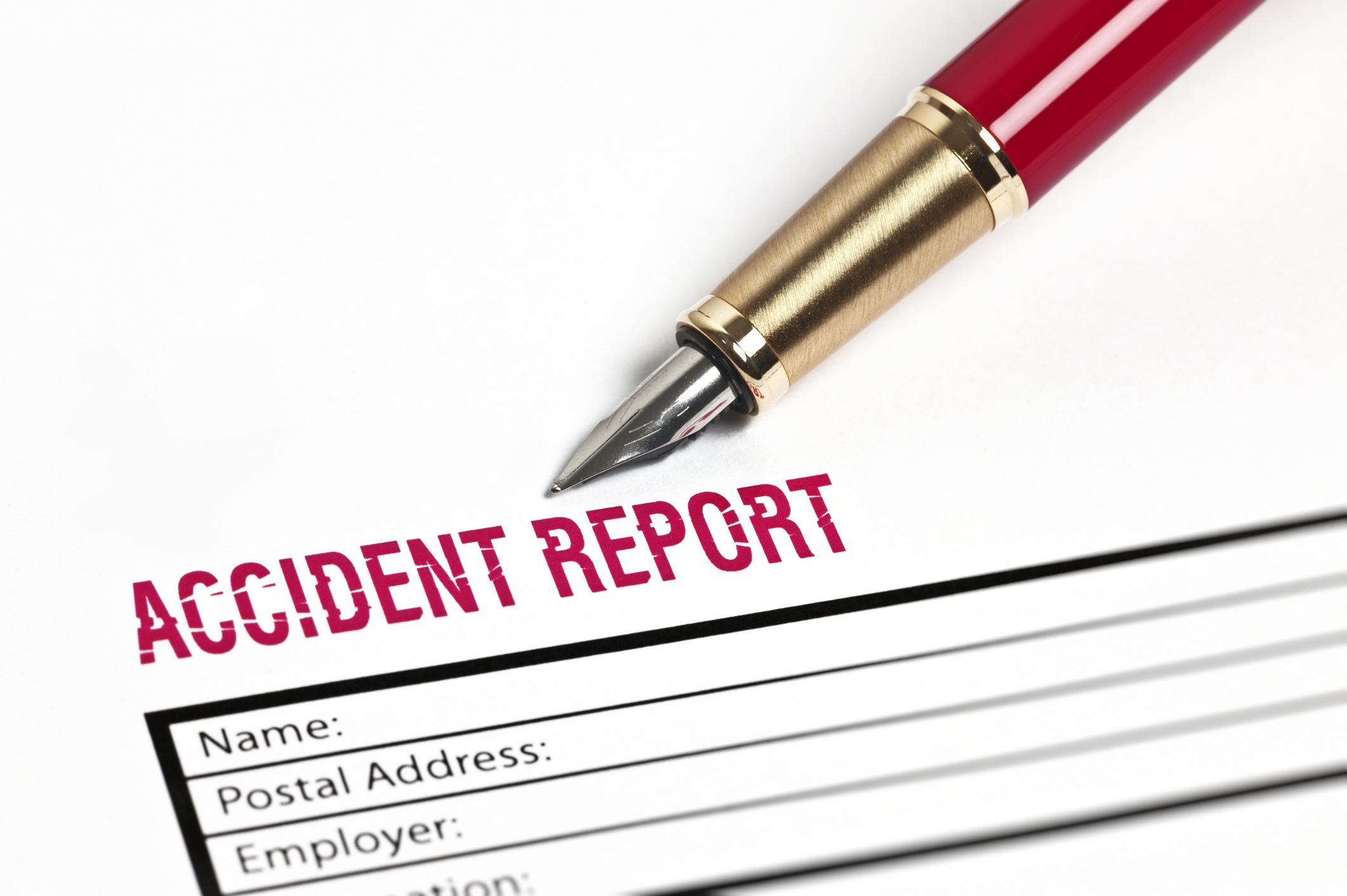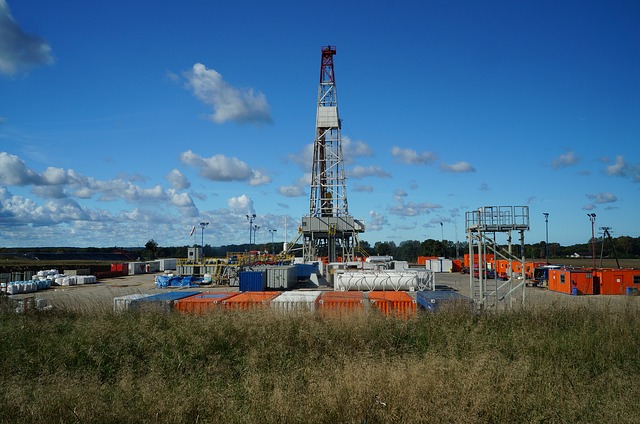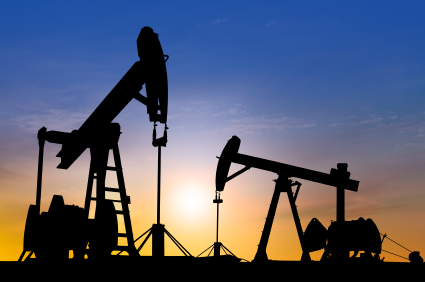 Workers compensation insurance is required in most states, although the requirements vary greatly. Having this insurance is an added expense, but it protects your employees. It also won’t leave you on the hook for lost wages, medical bills and other out-of-pocket expenses. Find out more about covered events and when to file a claim.
Workers compensation insurance is required in most states, although the requirements vary greatly. Having this insurance is an added expense, but it protects your employees. It also won’t leave you on the hook for lost wages, medical bills and other out-of-pocket expenses. Find out more about covered events and when to file a claim.
How Workers Compensation Insurance Works
Workers compensation provides medical benefits and wages when an employee experiences an injury or gets sick at work. The main purpose of this coverage is to get employees back into working shape quickly.
Employees receive access to experienced professionals to aid their recovery. These benefits may include:
- A large network of health providers, available through a workers compensation claim.
- Case managers to assist with care and treatment coordination.
- Prescription drug coverage that excludes out-of-pocket costs for employees.
Your agent can help you put together a plan that covers the unique needs of your business and employees.
Types of Injuries Covered by Workers Compensation
Workers compensation covers injuries received while on the job. This covers your business location as well as remote worksites. For example, you own a moving company and one of your workers falls and breaks her arm. Since she is performing activities related to her job, she is most likely covered under workers compensation insurance.
For covered events, workers compensation also covers illness contracted while on the job. For example, if mold is discovered in your building, and one of your employees becomes sick as a result, their medical bills and lost wages are paid for by workers comp.
What’s Not Covered Workers Compensation Insurance?
Deliberate acts are not covered under this policy. These include:
- Injuries sustained in a fight the employee started
- Injuries due to working while under the influence of drugs or alcohol
- Self-inflicted injuries
- Emotional injuries separate from a physical workplace injury
When Should You File A Workers Compensation Claim?
It’s important to file a workers compensation claim as soon after the incident as possible. If you aren’t sure what events are covered, check with your insurance provider before filing a claim. Here are some examples of events covered by most policies:
- The injured person is employed by your business
- An employee gets sick due to the nature of their work
- The employee comes to harm while performing job-related duties
- The employee is injured at work
Workers compensation insurance protects your business assets as well as those who work for you. Without this coverage, your business might be responsible for thousands of dollars in medical costs.

 Does it matter who is at fault if a worker suffers an injury on the job? It can be very frustrating. You told the worker to follow a specific set of steps. They did not do so. It is their fault they have an injury. Do you have to pay for it? Generally speaking,
Does it matter who is at fault if a worker suffers an injury on the job? It can be very frustrating. You told the worker to follow a specific set of steps. They did not do so. It is their fault they have an injury. Do you have to pay for it? Generally speaking,  Foremost, you might have to provide that person with workers’ compensation. Often, it you will have no option but to do so. Here’s why.
Foremost, you might have to provide that person with workers’ compensation. Often, it you will have no option but to do so. Here’s why.

 workers’ compensation. Whether you run oil rigs or refineries, there’s a chance for injuries. What are some of these, what can you do to prevent them?
workers’ compensation. Whether you run oil rigs or refineries, there’s a chance for injuries. What are some of these, what can you do to prevent them?